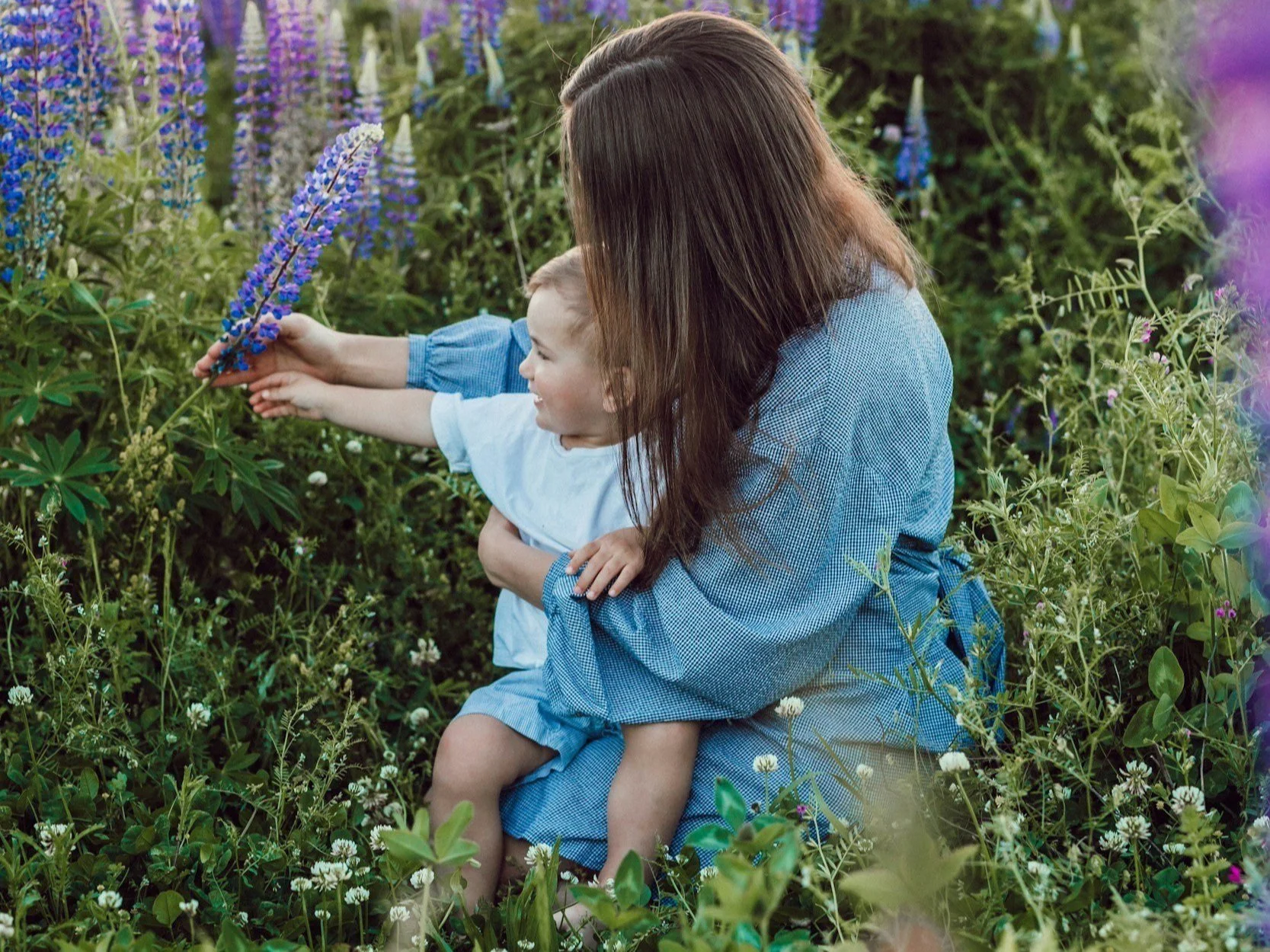Taking Care of You: Why Kids Need Adults Who Thrive
“It’s no secret: When adults are stressed and depleted, it trickles down to the kids who depend on them.”
Think about the last time you were completely drained—running on fumes and barely holding it together. Now think about how that impacted the people around you, especially the kids in your life. It’s no secret: When adults are stressed and depleted, it trickles down to the kids who depend on them.
Taking care of yourself isn’t just about feeling better—it’s about creating a positive, supportive environment where kids can thrive. Sounds lovely, right? But how….?
Applied Hope Tip #1: Model What You Want Kids to Learn
Kids are always watching. If they see you constantly stressed, skipping meals, or running on fumes, they might think that’s what adulthood looks like. But when you show them what self-care looks like, you’re giving them a blueprint for a healthy, balanced life.
How to Do It:
Set boundaries: Let kids see you say no to things that drain your energy unnecessarily. “Not today” can be a powerful lesson.
Be open about self-care: “I’m going to read for 10 minutes to recharge, and then we’ll play.” Simple statements like this teach kids that taking care of yourself is normal—and important.
Why It Works:
Modeling self-care helps kids understand that balance and well-being are essential. It also normalizes taking breaks and asking for help, which are life skills they’ll carry with them.
Applied Hope Tip #2: Your Energy Sets the Tone
Have you ever noticed how a room feels different when you’re calm and centered versus when you’re frazzled? That’s because kids often mirror the energy of the adults around them. When you take care of yourself, you create a more positive, stable environment for them to thrive in.
How to Do It:
Prioritize rest: If you’re overtired, even small challenges can feel monumental. Aim for better sleep, even if it’s just an extra 20 minutes.
Find small joys: Whether it’s a cup of tea, a favorite song, or a quick stretch, make time for things that recharge your energy.
Why It Works:
When you’re regulated and energized, kids feel safer and more secure. Your emotional stability becomes a calming anchor in their day-to-day lives.
A Finishing Touch:
Taking care of yourself isn’t just about you—it’s about creating an environment where kids can flourish, whether you’re their parent, teacher, or coach. When you model self-care and prioritize your energy, you’re giving kids a healthier, happier adult to look up to. At the same time, you’re teaching them an important lesson: their well-being matters too.
So today, take one small step. Say no to that extra commitment, take five minutes to breathe between classes, or allow yourself a moment of rest after practice. Whatever role you play in a child’s life, remember this: The better you care for yourself, the more you can give to the kids who count on you.
And if you need a little nudge to make it happen, here it is: Self-care isn’t selfish—it’s essential for everyone.

